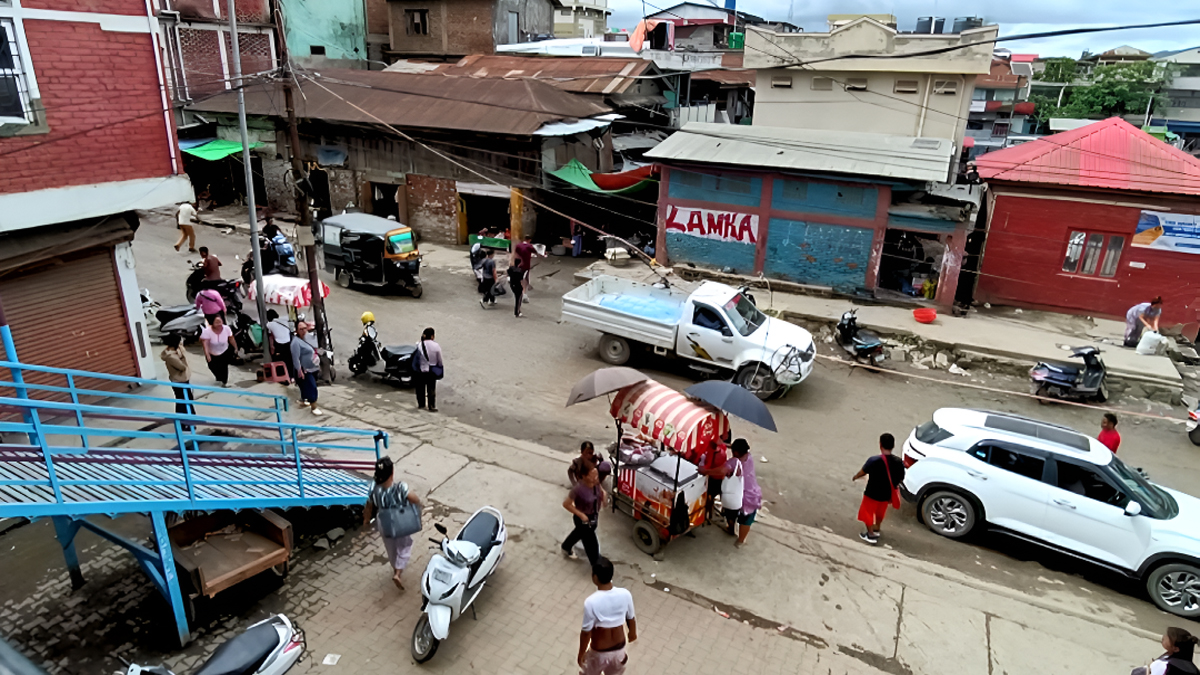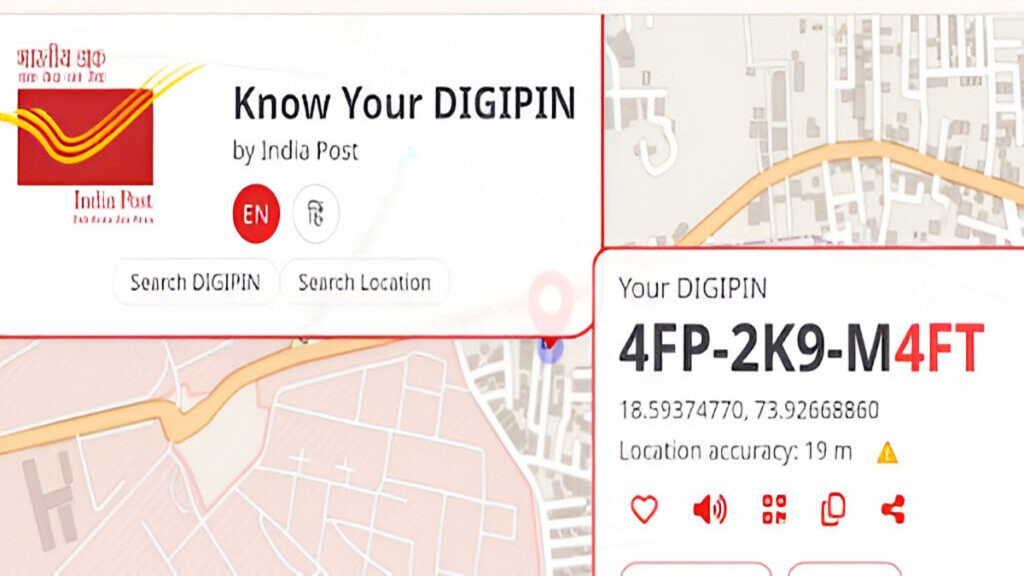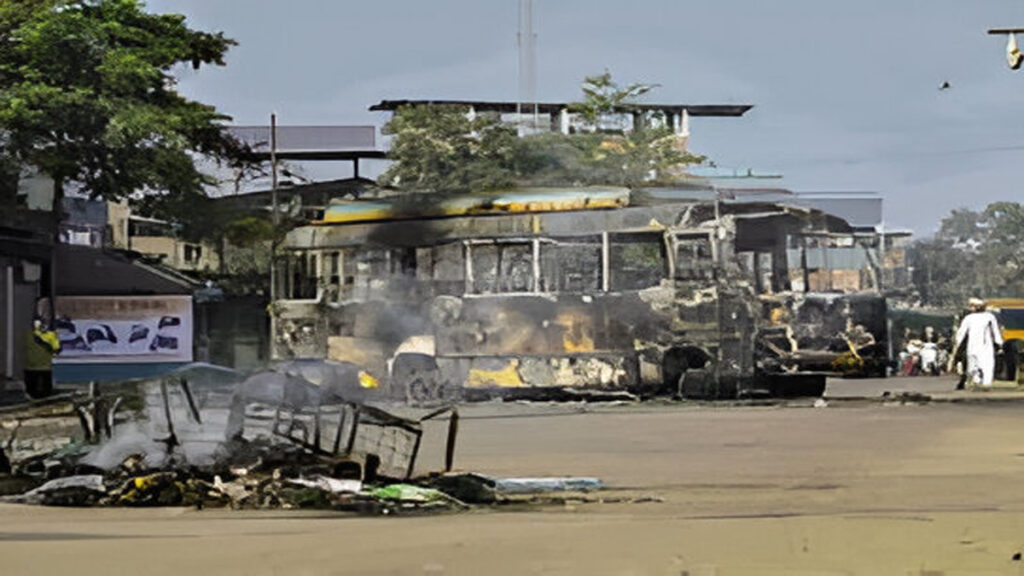Now Reading: Manipur Gripped by Humanitarian Crisis as Highway Blockade Triggers Soaring Prices and Acute Shortages
-
01
Manipur Gripped by Humanitarian Crisis as Highway Blockade Triggers Soaring Prices and Acute Shortages
Manipur Gripped by Humanitarian Crisis as Highway Blockade Triggers Soaring Prices and Acute Shortages

The northeastern state of Manipur is reeling under a severe humanitarian crisis as prolonged highway blockades have led to an unprecedented surge in prices of essential commodities and widespread shortages, pushing daily life to the brink for its residents. The disruption of key supply routes, particularly National Highways 2 and 37, which serve as lifelines for the landlocked state, has effectively cut off the flow of goods, leaving markets bare and communities struggling to access basic necessities.
The blockades, primarily stemming from deep-seated ethnic and political unrest, have had a devastating ripple effect across Manipur, impacting both the valley areas, including the capital Imphal, and the hill districts like Churachandpur. Truck drivers, fearing for their safety amidst threats and insecurity, have largely refused to transport goods, resulting in goods carriers being indefinitely parked at border points. This has a profound impact, as Manipur relies on external supplies for over 70% of its food and fuel.
The consequences are dire for the common person. Prices of everyday essentials have skyrocketed, making them unaffordable for many. Reports indicate that LPG cylinders are being sold for over ₹2,000 in the black market, while petrol fetches ₹180-₹200 per liter. Beyond fuel, basic food items like rice, vegetables, milk, and eggs are either becoming scarce or are priced out of reach. Small businesses, including restaurants, have been forced to either shut down or drastically increase their prices, further burdening the populace.
The crisis extends far beyond economic hardship. Hospitals are reporting critical shortages of life-saving medicines, including antibiotics, insulin, and antiseptics. Patients with chronic conditions face grave risks due to interrupted treatment. The lack of fuel also hampers emergency services, with ambulances struggling to refuel or reach referral hospitals, particularly in the more remote hill districts. Furthermore, some schools have reduced operating hours as mid-day meals and essential classroom materials become increasingly difficult to procure, highlighting the rapidly escalating health and education emergency.
Civil society organizations, citizens’ forums, and student bodies have voiced strong condemnation, appealing to both the blockading groups and the authorities to resolve the crisis immediately. Peace marches and silent protests have become a common sight across the state, urging for the restoration of supply lines. The All Manipur Traders’ Union has warned of a complete market shutdown if the situation persists, with shopkeepers fearing mob looting as supplies dwindle.
The prolonged disruption has starkly exposed the fragility of Manipur’s supply infrastructure. Experts and analysts emphasize the urgent need for long-term solutions, which include diversifying supply corridors, establishing robust emergency stockpiles, and reducing the state’s heavy reliance on just two national highways. Crucially, a lasting resolution demands genuine dialogue and reconciliation among the various communities to address the root causes of the unrest. Without a comprehensive approach that prioritizes peace and security, temporary governmental interventions will continue to fall short of alleviating the immense suffering of the people of Manipur. For now, the cries for basic necessities and a return to normalcy echo throughout the embattled state.









